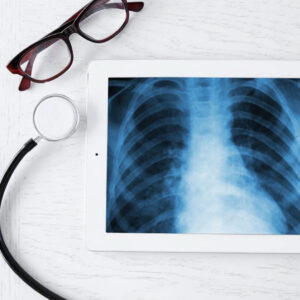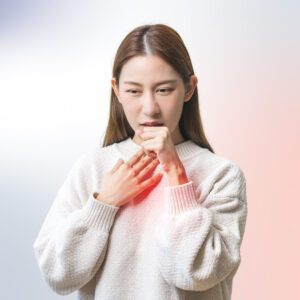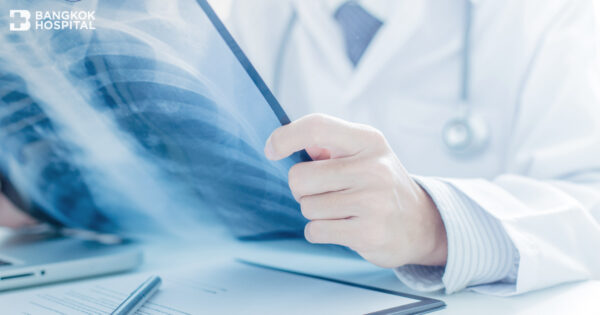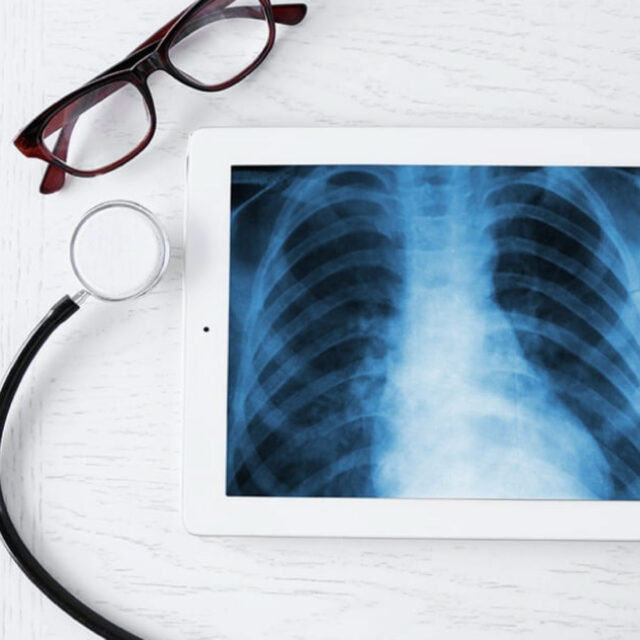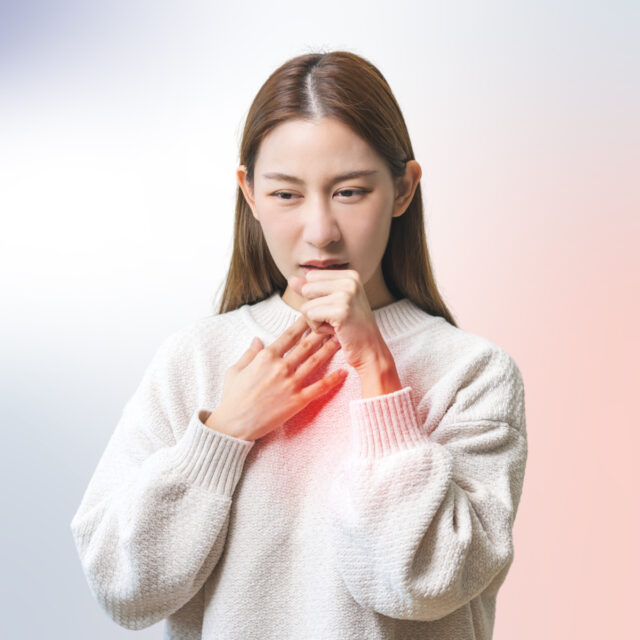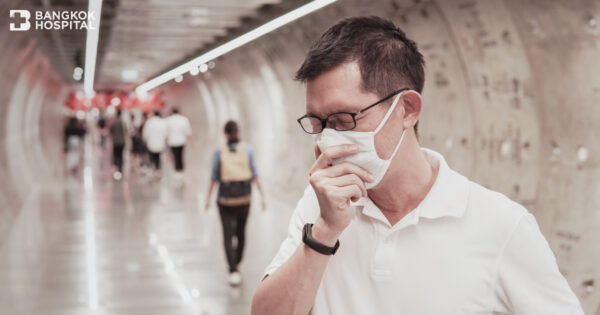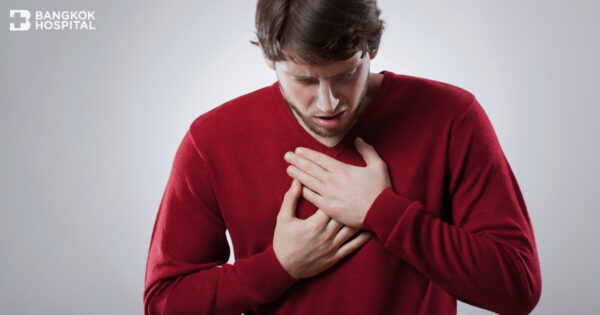Respiratory and lung diseases are the most common reason for someone to see a doctor, yet they are among the top killer diseases in the world. Further, they can become chronic and require long-term treatments, as they harm the lungs and cause fatigue, shortness of breath and difficulty breathing.
Lung Functions
Our body needs oxygen to survive. The body inhales oxygen from the atmosphere through the nose, throat and windpipe, to our lungs. It then enters the blood stream in the lungs and nourishes the rest of the body. In addition, the blood also brings back waste – carbon dioxide – to the lungs which purge it as we exhale. The exchanges of the gases require proper functions of both lungs. If the lungs cannot perform their functions well, it causes fatigue and leads to difficulty breathing; as the body now demands more oxygen and pushes the lungs to work harder. If gas exchange cannot take place sufficiently, the body does not have enough oxygen to function or there is too much carbon dioxide causing elevated acid level in the blood stream. These conditions can be fatal as breathing becomes impaired. Therefore, respiratory system and lungs are important organs, but they are also susceptible to diseases and decline.
Aging Lungs
Similar to other organs in the body, respiratory system and lungs can regress with age. Normally, we breathe about 300 – 500 cc of air 10 – 20 times a minute, or about 5 – 10 liters per minute. This means we inhale and exhale 8,000 – 12,000 liters of air every day. Unclean air contains: pollution or contaminants or gas that is harmful to the lungs (including cigarette smoke), or exhaust from various industrial factories that give rise to pollution. Inhaling it can cause inflammation in the respiratory system as well as accelerate more deterioration of the lungs than normal. It can also instigate cancer, especially of the lung. In addition, there are germs and viruses along with other pathogens in the air that can also be harmful to the lungs, if inhaled, such as tuberculosis.
Symptoms of Lung Diseases
- Fatigue
- Dry coughs
- Coughing with phlegm
- Coughing blood
- Chest pain
However, often there is no apparent symptom for lung diseases until it is too late and cannot be completely cured, or after so much of lung tissue has already been damaged leading to permanent impairment. This is especially the case if the treatment is delayed or improper, though the disease might be cured, the harm has already been inflicted and the patient will have to suffer from ineffective lungs function. Further, chronic lung diseases, even if they do not exhibit any initial sign, once a symptom becomes noticeable, it may be too late for a complete cure or to revive the lungs to their normal functions.
Common Lung Diseases
- Tuberculosis
- Chronic bronchitis and emphysema or COPD
- Lung cancer
- Bronchial asthma
Who Should Be Examined for Lung Diseases?
- Someone who has the following symptoms:
- Chronic coughs, especially with phlegm or blood.
- Fatigue, especially if cardio examination does not show any problem, or if making wheezing sound while breathing.
- Chest pain, especially with greater pain while breathing.
- A person in a high-risk group:
- Smoker or narcotic users.
- Works in a factory with pollution, smoke, or chemical gas that is harmful to the respiratory system.
- Works in a mine, stone mill, or cement factory.
- Works in an environment that may contain airborne pollutants.
- Works in an industry that uses asbestos fiber (e.g., automotive, refrigerators manufacturing, etc.)
- A patient who has received radiation around the chest area.
- A patient who has low immunity.
Moreover, an elderly person can also receive the examination, since lung cancer is also found in people who do not smoke nor are in the high-rick group. There is a better chance for a complete cure if the disease is diagnosed before any symptom is detected.

